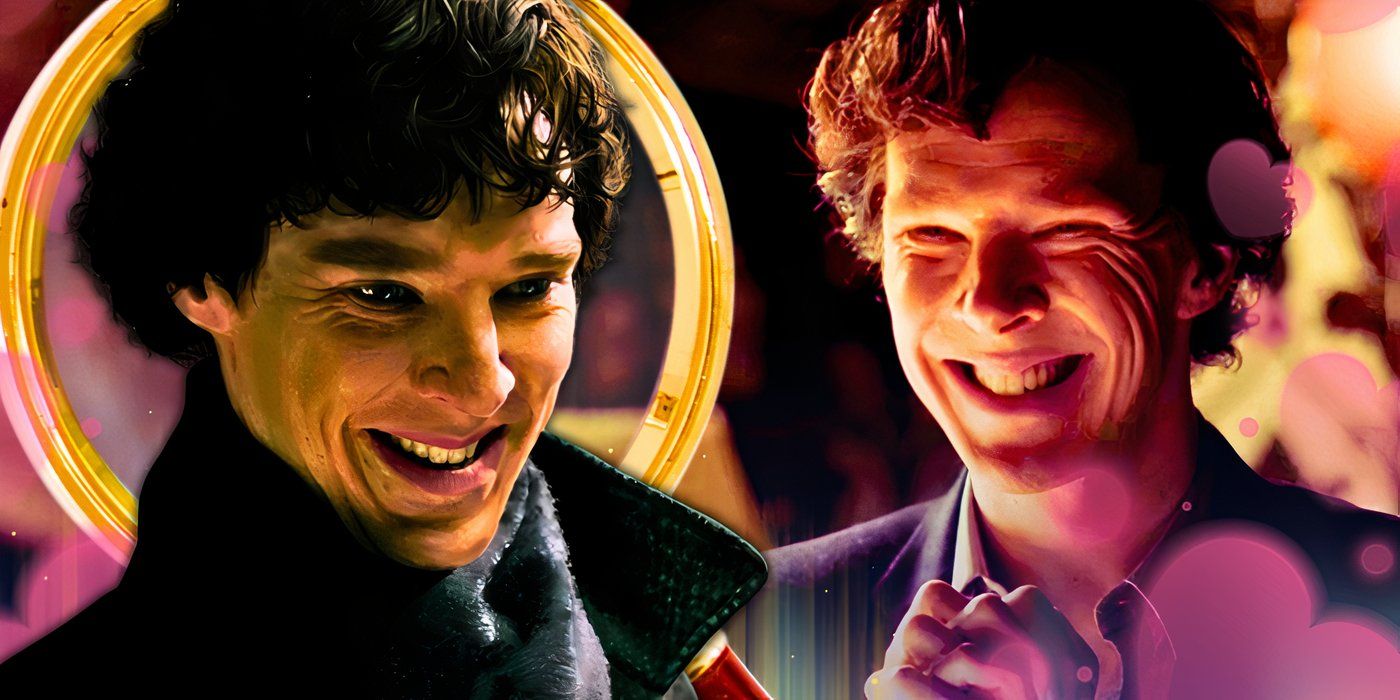
In the tapestry of modern adaptations, BBC’s Sherlock stands out as a unique representation of Arthur Conan Doyle’s storied detective. What captures the essence of this series, particularly in the portrayal by Benedict Cumberbatch, isn’t just its riveting storytelling and high-stakes drama, but rather a surprisingly silly moment that encapsulates why the show resonated so well with its audiences.
Sherlock, a reimagining set in contemporary London, expertly intertwines traditional narratives with modern technology and societal issues. While the adaptability and innovation of the narrative kept viewers engaged, it was the interplay of humor and seriousness that truly defined its charm. The series features stellar performances, especially from Cumberbatch as Holmes and Martin Freeman as Watson, as they navigate a contemporary world filled with bizarre mysteries and eccentric characters.
One standout episode, “A Scandal in Belgravia,” derived from the original “A Scandal in Bohemia,” introduces Irene Adler, played with aplomb by Lara Pulver. This cunning dominatrix presents a formidable challenge to Sherlock—one who matches his intellect. Yet, it is the resolution involving Irene’s password for her cellphone that becomes the epitome of silliness. To the surprise of many, instead of a clever code befitting her character, the password is humorously simple: “SHER.” This decision not only adds a layer of comedic subtlety but also elevates the scene to iconic meme status.
While Sherlock is often remembered for its high drama—such as the poignant moments surrounding Holmes’ supposed demise in “The Reichenbach Fall” or the emotional weight of Mary’s untimely death—it fortuitously balances these heavy themes with moments of levity. Characters like Anderson, who unwittingly embodies silliness, provide a counterpoint to the more serious elements, allowing the show to explore comedic territory without compromising its core.
Perhaps the most satisfying aspect of Sherlock is its ability to honor the original character of Holmes while allowing space for lightheartedness. Doyle’s creation was not merely a grim figure, and the series’ willingness to embrace humor illustrates this more nuanced interpretation. The lighter scenes inject freshness into Sherlock’s character, making him relatable rather than withholding.
That said, not all moments struck the right balance. Season four, particularly the arc centered around Eurus, veered into territory that some viewers found less coherent. Nevertheless, the series remains a celebrated adaptation, with its strengths overshadowing any missteps in storytelling.
Overall, despite an ending that divided fans, Sherlock’s blend of drama and humor has left an indelible mark on viewers. The series deserves to be appreciated not only for its gripping narratives but also for its delightful moments of absurdity that kept audiences entertained from start to finish.





